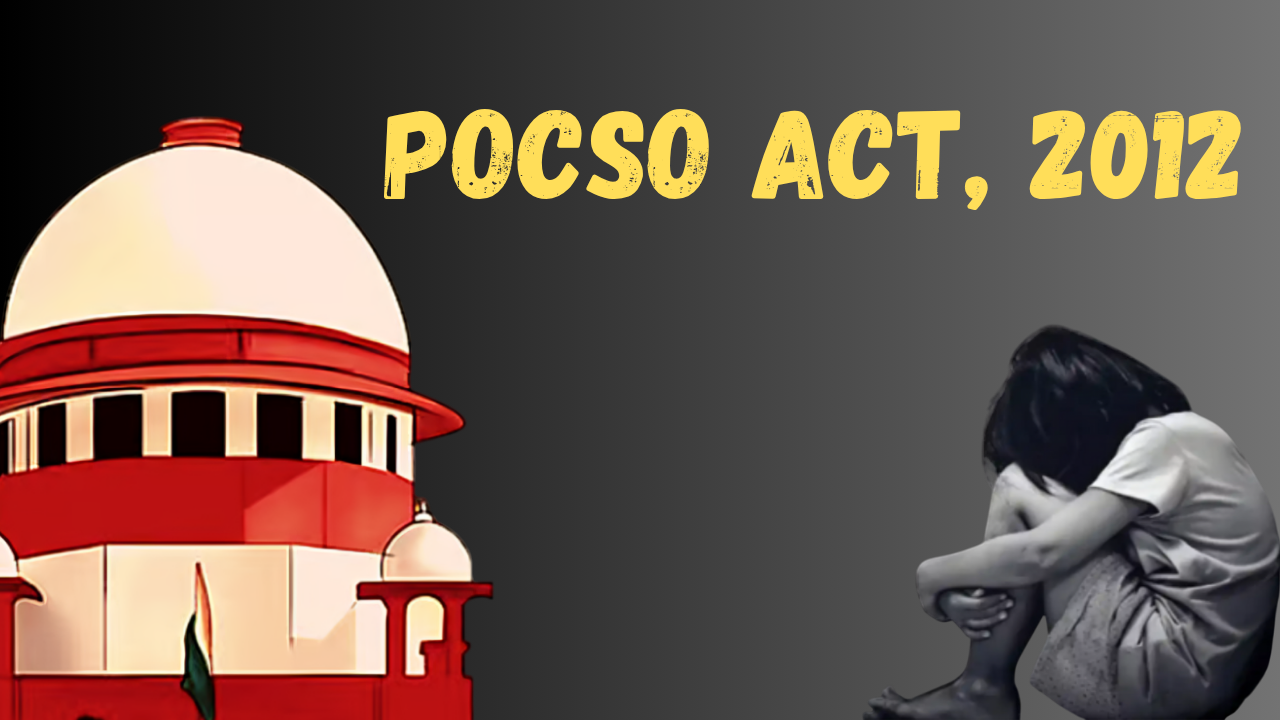New Delhi, May 28, 2025
The Supreme Court of India has ruled that courts cannot impose a sentence less than 20 years of rigorous imprisonment for the offence of aggravated penetrative sexual assault under Section 6 of the Protection of Children from Sexual Offences (POCSO) Act, reaffirming the strict sentencing norms prescribed under the statute.
The apex court passed this ruling while setting aside a decision of a lower court which had awarded a lesser sentence to a convict under Section 6. The Bench emphasized that minimum sentencing is mandatory and must be followed without exception unless specifically allowed by statute.
What the Court Held
The Bench comprising Justices Suryakant and K.V. Viswanathan observed that:
• The statutory minimum sentence of 20 years under Section 6 is not subject to judicial discretion.
• Sympathy or mitigating personal circumstances of the convict cannot justify deviation from the legislative mandate.
• The object of the law is to impose stringent deterrence for offences involving children, and courts must uphold this purpose.
The ruling comes as a stern reminder to trial and appellate courts to adhere to the framework laid out in special statutes such as POCSO, which was enacted to provide comprehensive protection to minors against sexual crimes.
Legal Framework
Section 6 of the POCSO Act, 2012 stipulates that the punishment for aggravated penetrative sexual assault shall be not less than 20 years, and may extend to imprisonment for life or even death in certain extreme cases (as per the 2019 amendment). The term “aggravated” covers a range of factors, including:
• Victim being under 12 years of age
• Offence committed by a person in a position of trust or authority (such as police or relatives)
• Use of deadly weapons
• Gang assault or repeated offences
Significance of the Ruling
This verdict reinforces the principle that special laws override general sentencing flexibility, and affirms the legislative intent to deliver swift and severe justice in crimes against minors.
Legal observers note that the judgment strengthens the role of sentencing guidelines in ensuring uniformity and deterrence, particularly in cases that involve vulnerable victims.
